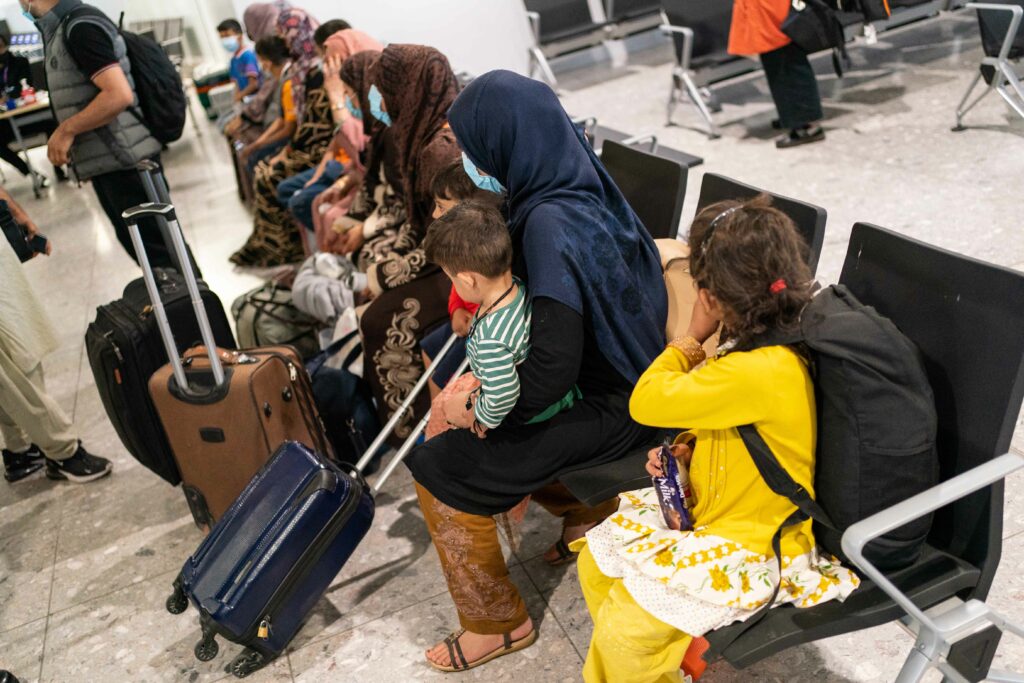Afghan Child Born in Aichi Prefecture Granted Japanese Citizenship – A First of Its Kind
The High Court of Nagoya has granted an afghan child born in Japan to refugee parents Japanese full legal citizenship, in an extremely controversial decision. The ruling is believed to be the first of its kind. The case centred on the status of Afghanistan at the time of the child’s birth, with the court concluding that the country had “essentially lost its substance as a nation.”
Afghan Child Granted Citizenship: Court’s Rationale for the Decision
The parents, Afghan refugees residing in Japan, filed a petition for their child, who was born in Aichi Prefecture in November of last year, to be granted Japanese nationality. Citing Japan’s Nationality Law, which allows children born in Japan to acquire citizenship if their parents are stateless, the family argued that Afghanistan was under Taliban control, rendering them stateless. However, the family court initially rejected the petition.

In a decision on the 11th, presiding judge Yasuhiro Hasegawa of the Nagoya High Court overruled the lower court. Judge Hasegawa noted that although the Taliban declared Afghanistan as a state in 2021, the international community, including Japan, had not formally recognized the Taliban government. He stated, “At the time the child was born, Afghanistan had essentially lost its substance as a nation.” This interpretation allowed the court to apply Japan’s Nationality Law provisions, thereby granting the child Japanese citizenship.
A Groundbreaking Legal Precedent
According to the family’s attorney, Yasuyuki Nagai, this is the first time an Afghan child born in Japan has been granted nationality under such circumstances. He emphasized the significance of the ruling, stating, “This is an important and groundbreaking decision for children in the same situation who may become stateless.”
This court ruling may open doors for other children born to stateless parents in Japan, ensuring they do not face a future without nationality.




